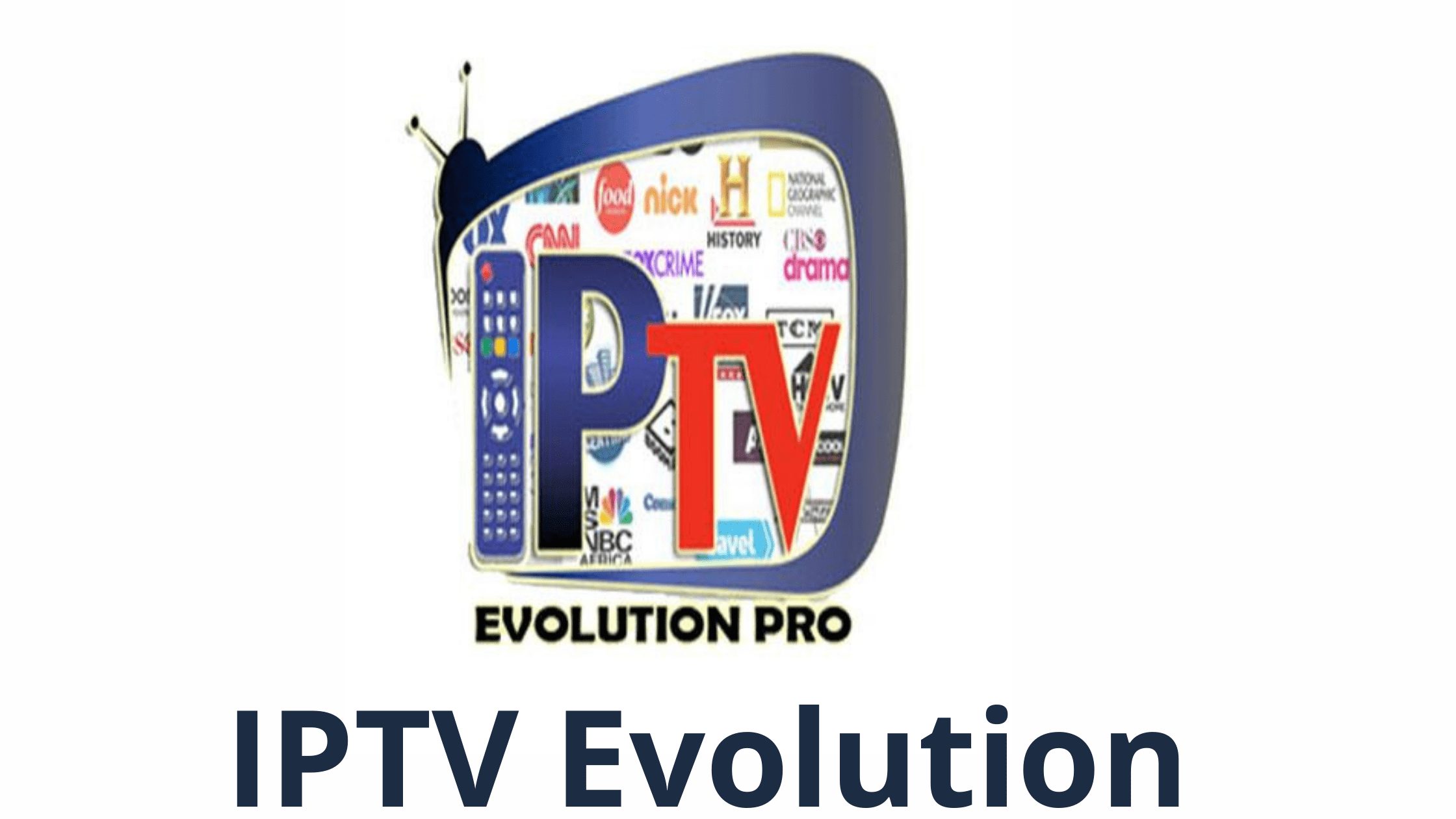Introduction
Television consumption has evolved significantly over the years, with Internet Protocol Television (IPTV) emerging as a pivotal force in reshaping how we access and enjoy TV content. This blog post explores the IPTV evolution, highlighting its technological advancements and the benefits it brings to viewers seeking a more personalized and flexible entertainment experience.
Understanding IPTV: A Technological Breakthrough
What is IPTV?
IPTV utilizes internet protocols to deliver television content, offering a departure from traditional broadcast methods. Unlike cable or satellite TV, IPTV streams content over an internet connection, providing users with unparalleled flexibility and control over their viewing habits.
- Delivery Mechanism: IPTV delivers content through internet protocols, enabling on-demand access to a vast array of channels and content.
- Quality and Resolution: Supports high-definition (HD) and even 4K resolution, ensuring a superior viewing experience with crisp visuals and clear audio.
- Interactive Features: Many IPTV services include interactive features such as video-on-demand (VOD), catch-up TV, and personalized recommendations based on viewing habits.
Benefits of Embracing IPTV
Flexibility and Convenience
IPTV offers several advantages that cater to the modern consumer’s lifestyle:
- On-Demand Viewing: Watch your favorite shows and movies at any time, eliminating the need to adhere to fixed broadcast schedules.
- Multi-Device Compatibility: Access IPTV content on various devices including smart TVs, smartphones, tablets, and computers, allowing for seamless viewing across different platforms.
- Global Access: Enjoy access to international channels and content from around the world, breaking down geographical barriers in television viewing.
Enhanced User Experience
The evolution of IPTV has transformed the way viewers engage with TV content:
- Personalization: IPTV platforms use advanced algorithms to tailor content recommendations based on user preferences, enhancing the viewing experience with relevant suggestions.
- Interactivity: Some IPTV services integrate interactive elements such as gaming, social media, and live polls during broadcasts, fostering a more engaging and immersive viewing environment.
The Future of Television: IPTV Expansion
Industry Growth and Innovation
IPTV continues to gain traction globally, driving innovation and expanding its reach in the entertainment industry:
- Technological Advancements: Ongoing developments in IPTV technology include enhanced streaming protocols, improved compression techniques, and integration with emerging technologies like virtual reality (VR) and augmented reality (AR).
- Market Expansion: The global IPTV market is projected to grow as more consumers seek out personalized and on-demand TV experiences, pushing providers to innovate and improve service offerings.
The Versatility of IPTV
Internet Protocol Television (IPTV) epitomizes the versatility and future of television consumption, harnessing digital technology to offer an unparalleled viewing experience. Unlike traditional TV methods, IPTV leverages internet protocols to deliver content on-demand, across multiple devices, and with enhanced interactive features. This technology not only enhances convenience by allowing viewers to watch their favorite shows anytime and anywhere but also enriches the entertainment landscape with high-definition visuals, personalized recommendations, and global content accessibility. E
Conclusion
As we navigate the digital age, IPTV stands at the forefront of revolutionizing television consumption. With its ability to deliver high-quality, personalized content across multiple devices, IPTV offers a glimpse into the future of entertainment. Embrace the IPTV evolution to enjoy a tailored, flexible, and immersive television experience that adapts to your lifestyle and preferences. Join the movement towards a new era of television where choice, quality, and convenience converge to redefine how we watch TV.
Click here to check out our subscription plans and start your IPTV journey now!
Read the companion article on “The Benefits of IPTV: Why You Should Make the Switch Today” here.


